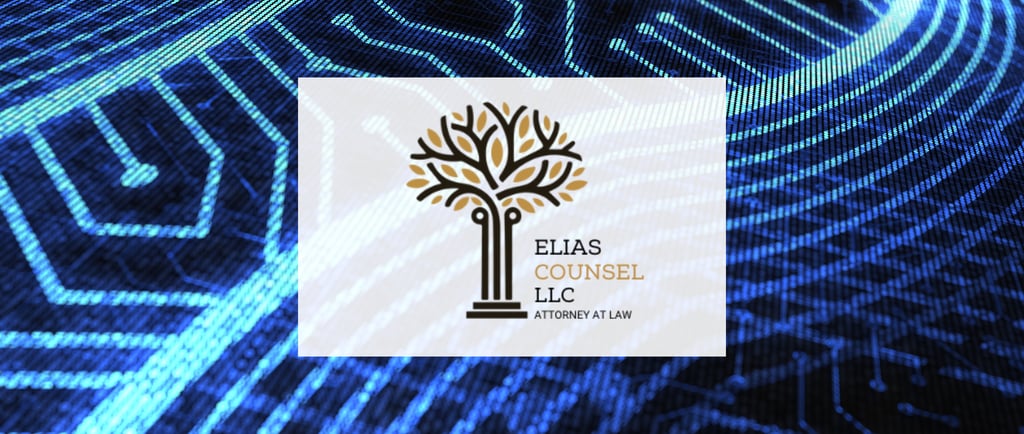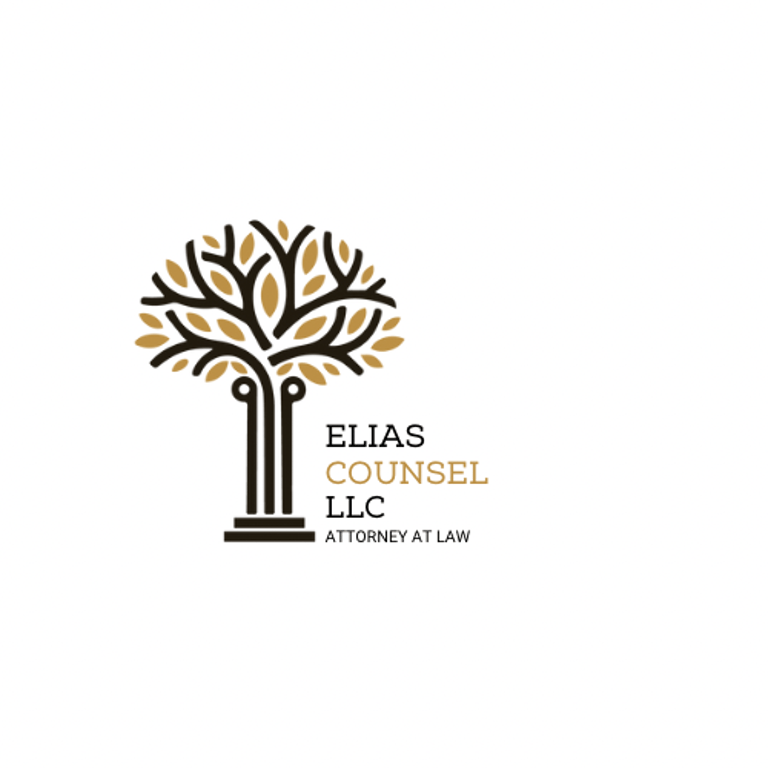What Happens to Your Digital Footprint When You're Gone?
8/4/20253 min read


Imagine passing away and still paying for Netflix. That’s not a metaphor; it actually happens. Beyond monthly subscription fees, your entire online life doesn’t auto-delete the moment you exit stage left. What about your email? Your crypto wallet? Your iCloud photo library with 20 years of birthdays, vacations, and blurry concert videos? That’s all part of your estate, too, even if it’s not sitting in a file cabinet.
A digital legacy refers to the information you leave behind online or in digital form. It’s an often overlooked estate planning issue. Like anything you own, if you don’t take steps to direct where it goes or who has access, someone else will have to clean it up—or worse, won’t be able to.
What Counts as a Digital Asset?
Not everything online is worth passing on, but a surprising amount of it is. Here’s a baseline of what to include in a digital legacy inventory:
Financial accounts: Online banking, PayPal, Venmo, investment apps, crypto wallets.
Digital property: Domain names, NFTs, loyalty points, airline miles.
Creative and personal content: Blogs, YouTube channels, digital art, unpublished writing, photo albums stored on cloud services.
Communication tools: Email accounts, social media DMs, text backups.
Logins for everything else: Amazon, Netflix, Spotify, Dropbox, Uber Eats. Not glamorous, but useful.
You don’t need to capture every password in the will itself (don’t, actually, since wills become public record). However, you do need a private, secure way to store access info and clear instructions about who gets control of what.
Why Traditional Wills Aren’t Enough on Their Own
Even with a valid will, most platforms won’t unlock an account just because someone claims to be the executor. Most companies rely on their own policies and terms of service (TOS) agreements, which often block or delay access. Google, Facebook, and Apple have specific tools that allow you to plan in advance. If you skip those, your legal documents may carry less weight than you'd expect.
The Revised Uniform Fiduciary Access to Digital Assets Act (RUFADAA), which New Jersey has adopted, gives a framework for granting someone else access. Still, it only works if you’ve given that authority explicitly. Vague language or missing permissions mean digital assets could be legally out of reach.
Best Practices to Build a Digital Legacy That Works
Here’s how to give your loved ones (and your executor) a fighting chance:
Make a detailed inventory of all digital assets. Include platforms, usernames, and notes on their purpose or value.
Use a password manager to store login credentials securely. Pass along access instructions through your estate.
Assign a digital executor. This should be someone who’s not going to panic when faced with two-factor authentication. Put this role in writing, even if state law doesn’t yet recognize it formally.
Update your estate documents to reference digital assets explicitly.
Use built-in tools from major platforms. Facebook, Google, Apple, and others let you decide who gets access or what happens after inactivity.
Real Problems, Real Consequences
A family without access to a deceased loved one’s iCloud account may lose irreplaceable photos and videos. Cryptocurrency on a cold wallet? If no one has the key, it’s gone. Social media accounts can keep collecting comments or even ad revenue, but only if someone can log in and manage them. Without a plan, assets stay in limbo, and important pieces of a person’s life get lost.
A well-rounded estate plan includes what’s on paper and what’s on the cloud. If you need help building a plan that actually covers your digital life, Elias Counsel, LLC is ready to work with you to make it clear, legal, and manageable. Call 609.655.3200 to start the conversation. Your legacy deserves better than getting ghosted by a login screen.
Elias Counsel LLC
Preserving wealth and well-being for our community.
REACH OUT
info@adameliaslaw.com
© 2025. All rights reserved.
